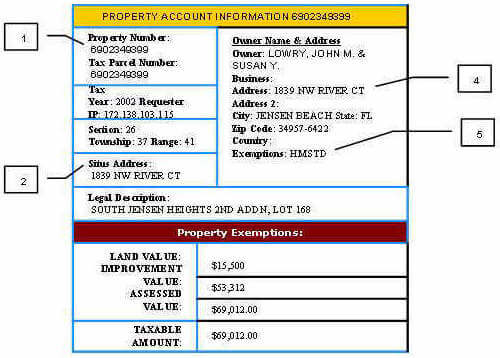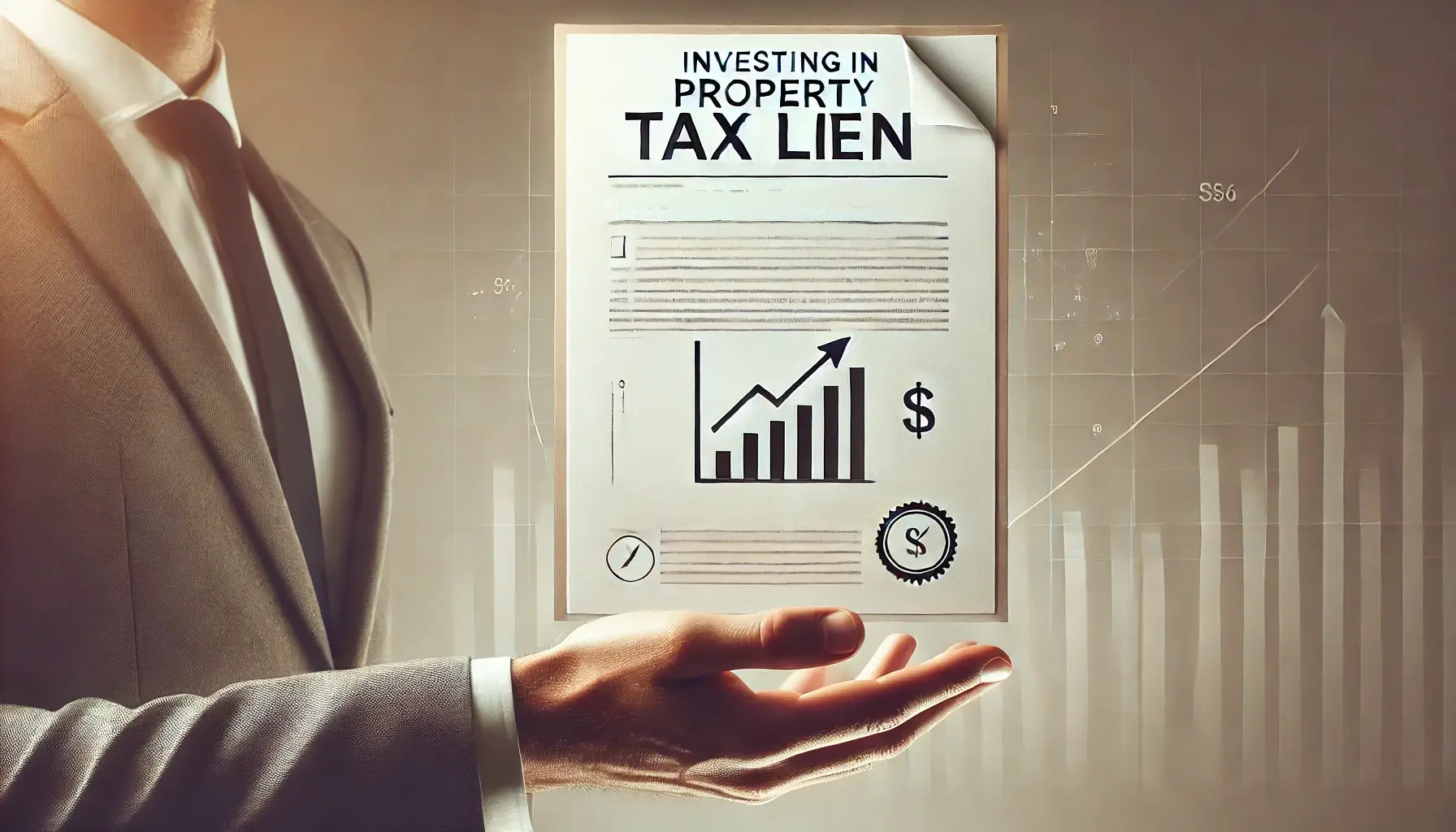All Categories
Featured
Table of Contents
It is very important to note that not every state offers financiers the chance to take part in a tax lien sale. In some states, a home with overdue tax obligations will certainly go right to the tax obligation sale procedure. In the states that do use genuine estate financiers the possibility to acquire tax obligation liens, around 33 percent of the $14 billion in unsettled taxes were liquidated (in 2017, as an example).
If you want the tax obligation lien foreclosure process, you need to contact a lawyer so you understand and evaluate the risks of this kind of investment.
Tax Lien Investing Crash Course
Tax lien sales are one manner in which cities and regions attempt to redeem several of the general public dollars they have actually invested keeping these residential properties abandoned by private proprietors. As we'll discuss in this short article,. Once real estate tax are considered delinquent, city governments generally concentrate on supplying notification of delinquency and trying to collect the overdue quantities from the proprietor.
This process typically takes years. If an owner has actually strolled away and is reluctant to pay tax obligations or maintain the residential or commercial property, the city should invest tax bucks to keep the residential or commercial property. These costsboarding up the structure, trimming disordered lawn and weeds, responding to fire and cops calls on the property, and moreadd up.
Proprietors that have actually fallen on tough times definitely require every initiative to keep them out of misbehavior and in their homes. tax lien investing. Yet normally, if the building is uninhabited and worn-out, we have to presume the proprietor has actually chosen to desert their interest in the home which they are "unwilling" to pay (though situations previously at the same time may have forced their hand).

Take, for instance, a single-family home where the proprietor has time out of mind strolled away. For many years the neighborhood government has needed to action in and remove garbage unloaded in the yard, board up the doors and home windows, and react to telephone calls regarding immoral task on the residential property. All these solutions set you back the neighborhood government taxpayer dollars.
In many states, those expenses can be collected in the exact same way as the unsettled tax obligations, but not in all. In a tax obligation lien sale (or tax obligation certification sale) the regional government generally holds a public auction where the winning bidder concurs to pay the most money for the right to impose the tax lien, beginning with a minimal proposal of at least the tax obligations had, plus appropriate interest, fees, and expenses.
When a government markets the tax obligation lien they are usually marketing to an exclusive purchaser the city government's authority to gather the financial obligation for ahead of time repayment of the taxes owed. The purchaser's acquisition generally includes the capability to make future passion, as well as recoup associated charges and costs sustained by the customer, if the residential or commercial property owner pays the tax debt.
How To Invest In Tax Lien Certificates
This is, fundamentally, privatization of a core government function: taxation. Tax obligation lien sales are specifically negative when it involves vacant, abandoned, and deteriorated residential properties since they lengthen the duration prior to a building can be relocated into the hands of a new, more responsible owner. Personal tax obligation lien customers hold the debt, but they do not own the titlethe legal right to ownership of the propertyand in lots of cases, they have no interest in obtaining it.

Thinking about budget plan cuts, city governments in many states have lowered in-house residential property tax obligation collection and enforcement efforts and wanted to tax lien sales as a quick infusion of earnings. Several regions pick or are mandated by the state to offer tax liens since it outsources collection and often generates really required cash previously in the collection process.
By moving the city government's rate of interest in and enforcement of the tax obligation lien to a personal buyer, city governments lose a lot of their adaptability: adaptability to acquire uninhabited residential properties that the private market doesn't desire, or to help the proprietor avoid shedding their residential or commercial property. With uninhabited residential properties, there is a much greater chance that the exclusive customer isn't interested in the home itself.
Tax lien sales can trigger damage in traditionally disinvested locations (tax lien investing pitfalls). In a clinically depressed housing market, less proprietors have the ability to retrieve the amount of the financial debt marketed to a tax obligation lien customer - tax lien investment fund. These locations are ripe for a various sort of tax lien investorspeculative owners seeking to get properties on the low-cost by foreclosing on the property tax obligation lien, milking what bit equity is left by leasing a low-grade residential or commercial property to susceptible renters, and after that deserting the residential property when they've made back their financial investment

Not all state legislations provide local federal governments the power to interfere in this cycle. In either case, the building continues to be vacant and in limbo, all the while enforcing significant costs on its neighbors and taxpayers. It's understandable that lots of neighborhood governments transform to tax obligation lien sales since they help money necessary public services.
Tax Liens Investment
If the regional government rather offers the residential or commercial property (aka the "tax obligation action"), as opposed to the tax obligation financial obligation, after that they are in control of what happens to the building and the enforcement process if the proprietor remains to not pay the real estate tax owed. The federal government will certainly offer the proprietor an affordable time to repay the tax debt, after which the federal government will certainly foreclose its passion in the tax obligation lien and the proprietor's right of redemption.
From their beginning, these public auctions were locations for investors to profit with exploitation. investing in tax liens certificates. In early 20th-century cities, notorious "tax obligation sharks" like Chicago's Jacob Glos and New york city's Charles Wiltsie accumulated fortunes by buying up ratings of tax obligation liens on household homes, billing their proprietors outrageous total up to remove the lien, or waiting up until the due date for settlement passed and claiming the action
Telephone calls to abolish tax obligation lien sales and overhaul tax obligation delinquency laws have actually regularly emerged. Frequently, they have actually been available in feedback to instances of bad, typically elderly home owners that lost their homes to dishonest tax obligation purchasers over little tax obligation financial obligations. investing tax liens. Yet with a couple of exceptions, state legislatures have actually resisted structural reforms.
Those who have repaid their home loans (mostly seniors or persons that had inherited a household home) have to likewise find the money to pay real estate tax. This describes why 70 percent of the homes sold at tax lien sales are had outright. It is well for states to adopt an even more humaneand much more effectivesystem for home tax obligation enforcement.
Latest Posts
Real Estate Tax Lien Investments
Are there budget-friendly Accredited Investor Real Estate Investment Groups options?
Are Tax Liens A Good Investment